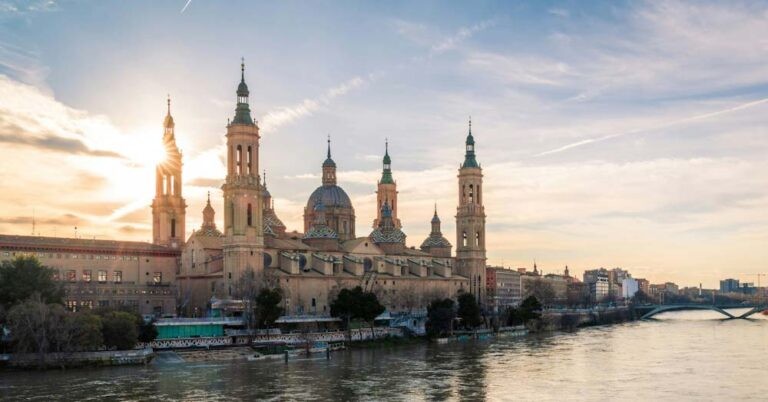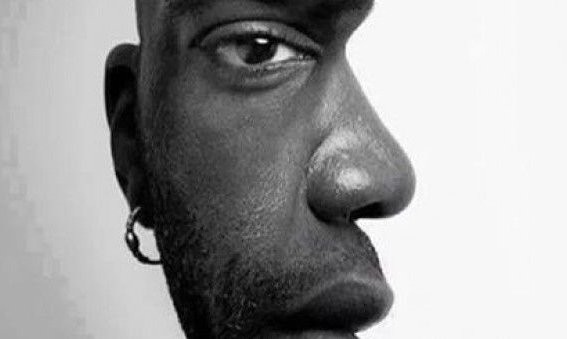What is Gross National Happiness (GNH)?
The concept of Gross National Happiness (GNH), a term coined by the Bhutanese economist and academic, Jigme Wangchuck, first introduced in Bhutan, rapidly becoming popular in the rest of the world as a way to measure development.
GNH measures how people feel about their lives. Using happiness as its measure of “development”, GNH can be used to compare different countries with respect to their economic performance. This differs from GDP which measures the total value of all goods and services produced by an economy over a given period of time.
A country’s GNH can be measured by measuring happiness at its natural state, which is not restricted to money or income but includes other living standards such as food security, education, healthcare, housing conditions and more. In this sense, it’s not about wealth but about feeling well for yourself; you are defined by your life experiences rather than your possessions: “Life does not consist in having things but in thinking thoughts.” – Socrates
Challenges of Using Gross National Happiness (GNH)
Happiness is a difficult concept to measure. Much like GDP, the idea isn’t universally accepted and is often criticized for being vague, meaningless and irrelevant.
The term GNH (Gross National Happiness) was introduced by Bhutan in 2005 as a way to better understand the positive impact of the Bhutanese government’s policies on its citizens’ lives. GNH uses happiness as a way to measure countries’ development.
In Bhutan, people are asked questions about their life satisfaction and then given a report card based on how things are going for them. The result of this report card determines how well the country measures up for its potential for development.

Another point about GNH is that it must be translated into an objective metric, which makes it challenging to measure the “true” happiness of any country. This is because there isn’t one set number that can be defined as “happiness.” Happiness is a subjective concept that depends on many factors such as culture, lifestyle and personal choices.
GNH attempts to quantify happiness by measuring how long people spend in happy states and how long they spend in unhappy states; thus allowing for comparisons across different countries which may be better at promoting happiness than GDP because they have more accurate figures regarding actual happiness levels (ex: Do you know where your friends are? Do you feel loved? Do your kids love you?)
What is Gross Domestic Product (GDP)?
Gross Domestic Product (GDP) is a way of measuring the economic activity of a country. It takes into account the amount of money that that country generates, as well as its workers’ labor, and what it uses to produce all the goods and services in that country. GDP measures how much money is created by all aspects of an economy.
The GDP is a measure of the total value of all goods and services produced within a country over one year. It is calculated as the sum total value of production in an economy divided by total population.
GDP can also be used to compare countries on their wealth level or poverty level. The following are some examples:
- What would be your guess as to how much money each State Government earns? How much do they spend? How many people work for each State Government? If you guessed $10 billion per State Government, then you are correct. If you guessed $8 billion per State Government, then you are incorrect. You guessed wrong! You guessed wrong for two reasons: 1) GDP does not take account for private corporations;
- GDP does not take into account how much land and water there are in each State or Province/Municipality/District under one government; or
- GDP does not take into account how many people work for each government-run company such as state-owned utilities etc…
The gross national product (GNP) is defined by international monetary authorities to be gross domestic product plus income from abroad, minus consumption expenditure on goods and services produced within the country during the previous year (but excluding net financial assets).
One could argue that this definition doesn’t capture GNH because it doesn’t take into account income earned abroad (income earned abroad isn’t included in this definition), but we will discuss income earned abroad later on in this paper. The GNH definition also doesn’t take into account foreign exchange transactions since they only occur when foreign currencies are being transacted between countries and thus aren’t considered part of domestic production or consumption figures.
GDP accounts for economic activity across several sectors including agriculture, industry, commerce and transportation, finance and insurance, real estate, public administration – police services (including military), education – higher education (including tertiary education), retail trade – selling products directly to consumers through storefronts or supermarkets etc.. This type of activity is grouped together under “Commerce”. While we will discuss this group separately later on in this paper., some other categories may also fall under these sectors.
Challenges of Using Gross Domestic Product (GDP)
GDP (gross domestic product) cannot accurately describe what people do with their time or resources when they’re not working; it only measures economic output that has been created since the beginning of time. GDP only includes what businesses have produced during each year since creation of the economy; it does not include monetary gains made by individuals or governments who allocate basic resources such as food into production purposes).
GDP also doesn’t give any indication on how many people are involved in economic activities; so it doesn’t tell us if there are enough resources available for production or not (ex: How much money can you bring in? What kind of goods can you produce?). GDP also doesn’t tell us how much wealth has been created over time by each citizen within each country; so it doesn’t tell us if one person is able to produce more than another or if two people have equal capabilities in terms of wealth production and thus cannot be compared across countries due to differences in wealth creation capabilities (ex: How much money do you want? Where will you find enough cash to put your money? What kind of goods can you produce?).
Gross National Happiness (GNH) vs. Gross Domestic Product (GDP)
In the world, GDP is the measure of economic development. GDP is a tool used to calculate economic growth. But GNH is not a measurement of growth in GDP. It’s a measurement of happiness.

The purpose of GNH is to measure the health and happiness of a country as part of its development plan. The measure comes from Bhutan, where people live in harmony with nature, and it was first introduced in 1987 by His Majesty King Jigme Khesar Namkhai Thondup, the 16th and current king.
GDP can be measured at the national level, but GNH focuses on what happens at the level of individuals – each one has their own unique experience and perspective that leads them to generate their own unique happiness.
It’s important to understand how this measurement works because it relates back to your business – understanding how your brand experiences fit into these goals will help you determine if you’re being measured correctly or not.
In Bhutan, they define GNH as follows: “How many lives do you need? How many hearts do you need? How many eyes do you need? How many ears do you need? How many heads can you take? How many arms can you take? How many hands can you take?” The goal is to make sure that every person in the nation has enough resources to be happy with their life; it’s about having enough things but not too much so that people are deprived.”
Though science may have taken away some aspects from this philosophy — like being able to create an exact number — there are still plenty of ways to measure family happiness and stress levels when working for brands on a global scale. Coming up with an accurate answer will help companies decide if they have strict enough goals for their operations and employees or if it would be best to create something different altogether.
















3 thoughts on “Gross National Happiness (GNH) vs Gross Domestic Product (GDP)”
You wrote “The [GNH]measure comes from Bhutan, where people live in harmony with nature, and it was first introduced in 1987 by His Majesty King Jigme Khesar Namkhai Thondup, the 16th and current king.” How many errors can you now find in this statement? I counted seven….
Pingback: Bhutan is the Happiest Country in the World? Why is it #1?
In Bhutan, they define GNH as follows: “How many lives do you need? How many hearts do you need? How many eyes do you need? How many ears do you need? How many heads can you take? How many arms can you take? How many hands can you take?”
What does this even mean? There are lots of untrue statements in your article